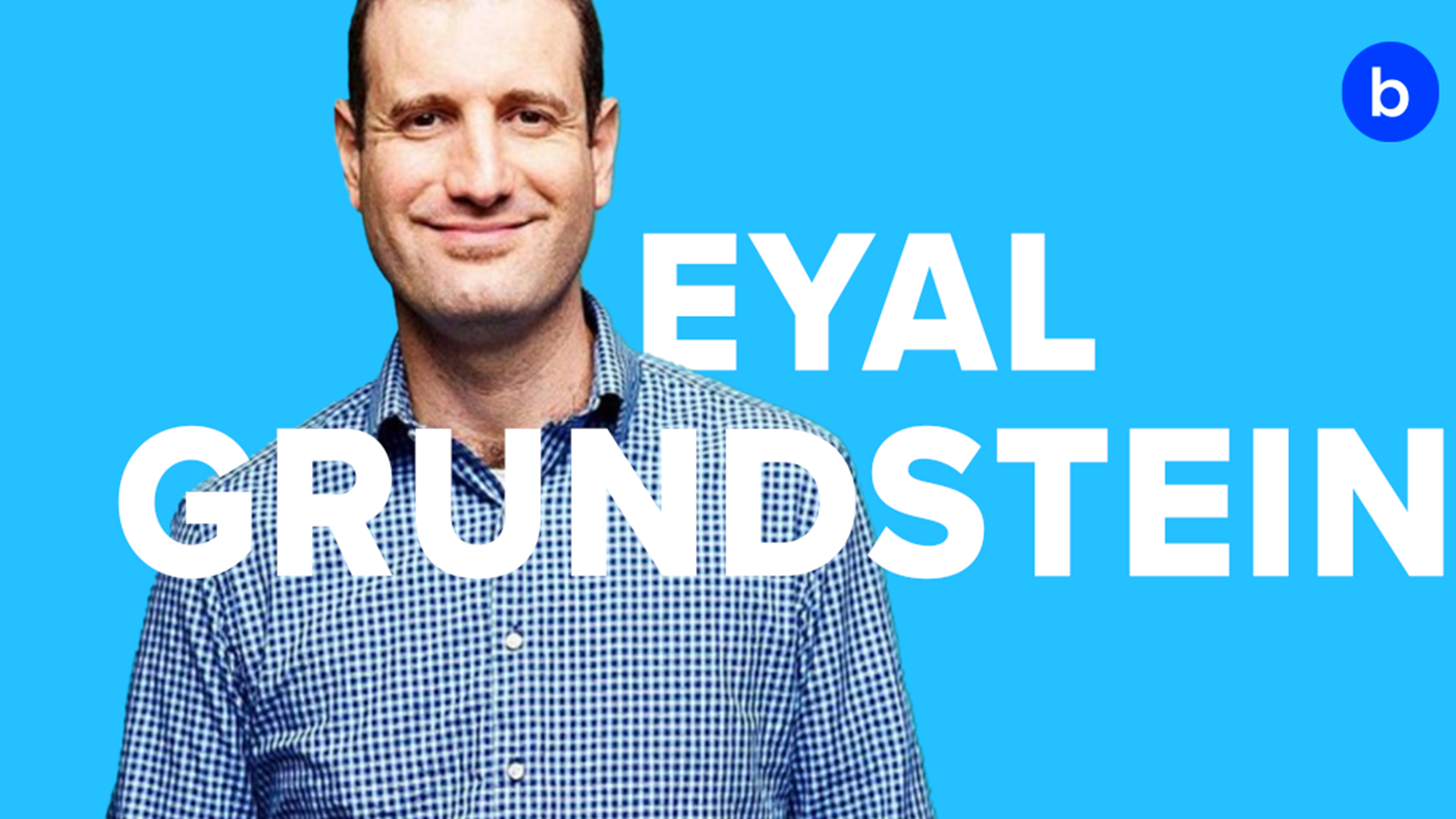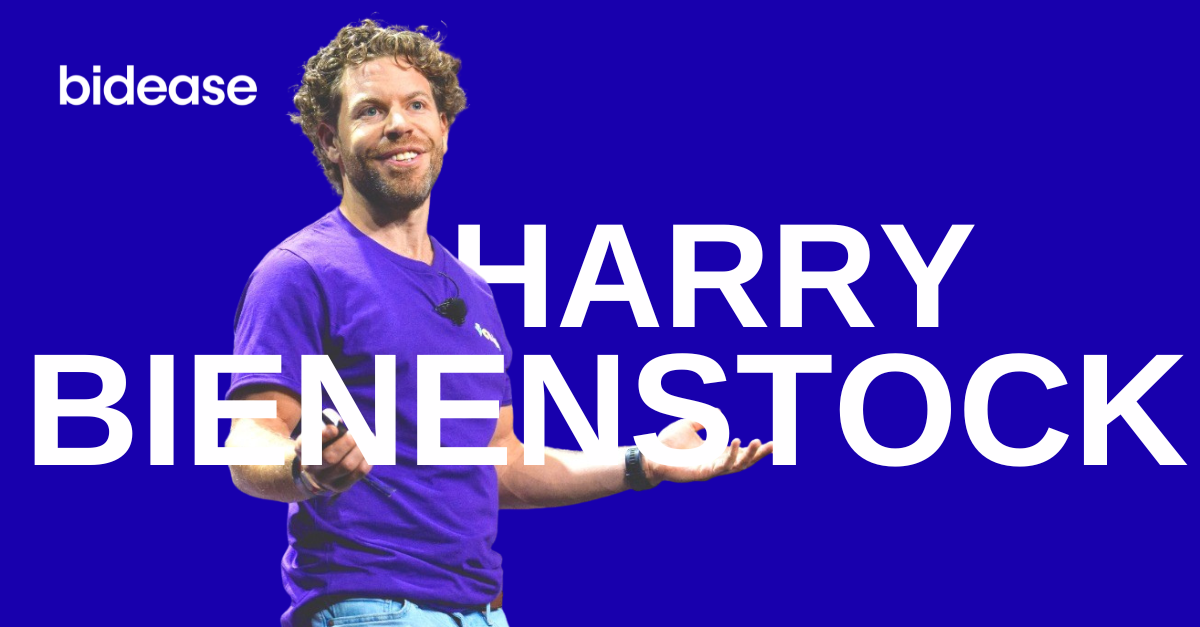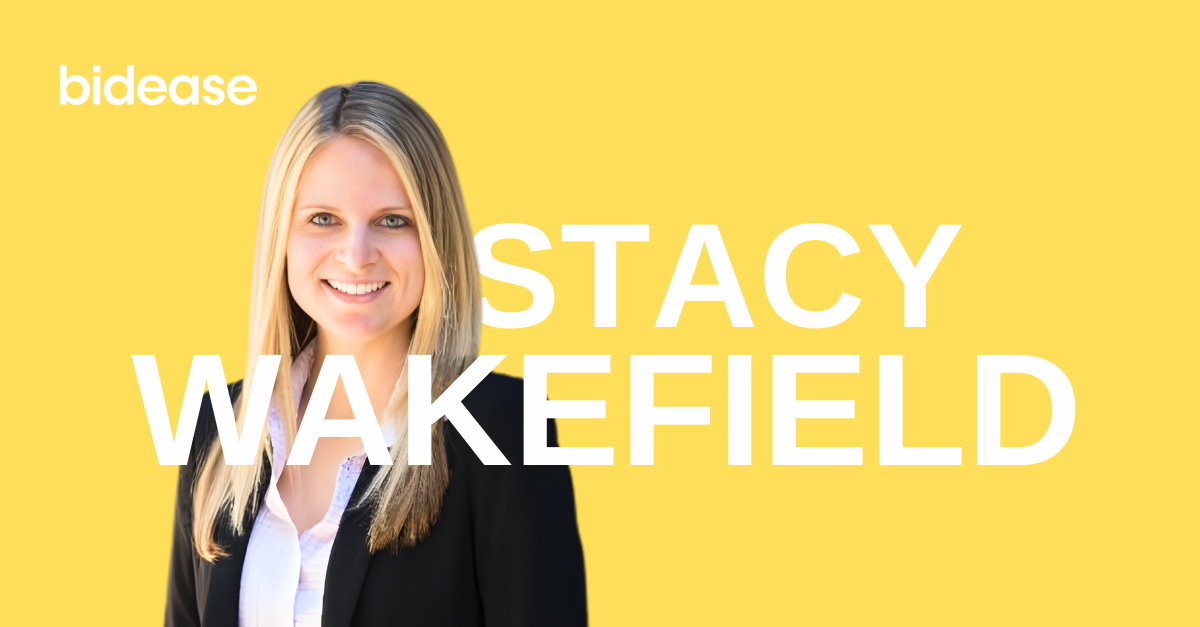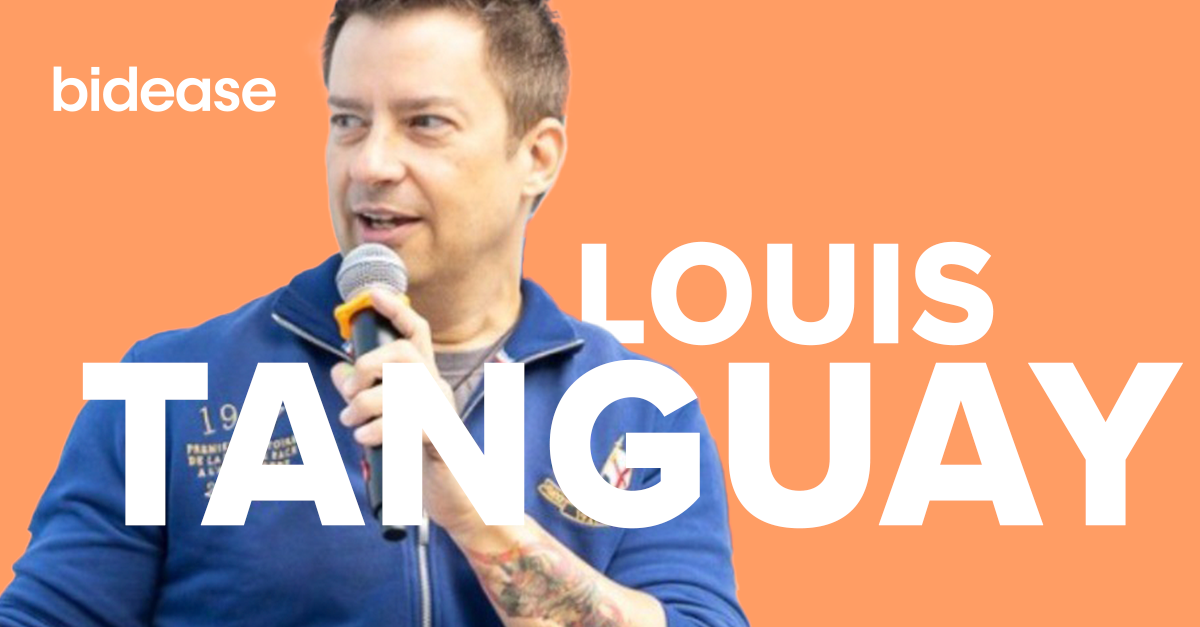
Eyal Grundstein on Personalizing Growth: From Yelp Segments to Meta’s Millions
19
mins
October 28, 2025
Industry veteran Eyal Grundstein has helped usher in some of the industries most pivotal moments
Listen Now On...
In this episode of 'Just One Thing', Dennis Mink interviews Rick Ton, a seasoned growth marketer who shares his journey from computer science to marketing. Rick discusses his impactful work on the Scan and Go project at Sam's Club, which revolutionized the shopping experience and significantly boosted e-commerce sales. He highlights the challenges of user adoption and the innovative strategies employed to drive engagement. Rick reflects on his career growth, the importance of autonomy in his role, and his aspirations for the future.
More Episodes You Might Like
Browse all episodesLet's Talk
We're Here to Help
Start your free consultation today. Create a custom growth strategy with a Bidease specialist.



